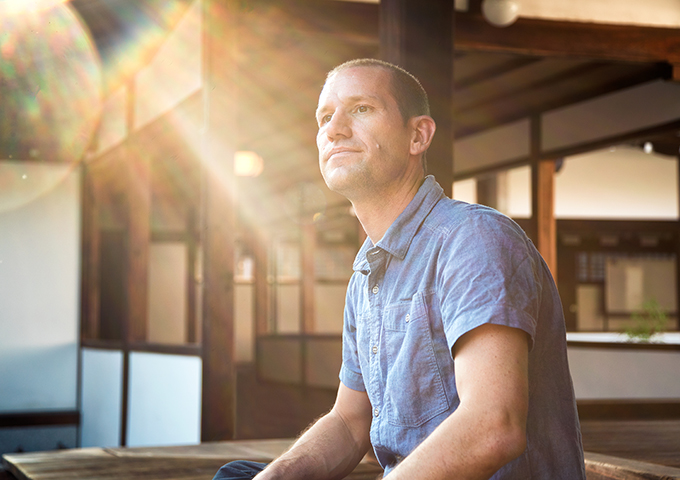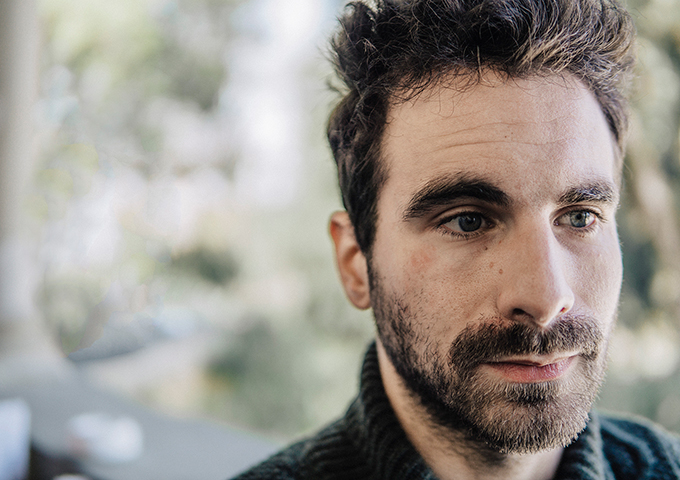Understanding verbal abuse
Many relationships face conflict, but how do we know when the problem is more serious? Read on to understand what constitutes verbal abuse, learn key signs to look for, and how to get help.
Read moreDomestic and family violence in our community is unacceptable. Everyone has the right to be free from harm and to live without fear of abuse. All victims need compassionate and highly responsive support. Understand the different forms of domestic and family violence.

Domestic and family violence in our community is unacceptable. Everyone has the right to be free from harm and to live without fear of abuse. All victims need compassionate and highly responsive support.
Violence towards partners – whether they live together or not – is defined as domestic violence. When children or other family members are involved we refer to this as family violence.
If you find that your partner changes their behaviour out of fear, you are using domestic violence.
If you have to change your behaviour out of fear for what your partner might do, you are experiencing domestic violence.
Violence can take many forms and isn’t always physical. Its intent is to exert power to control the other person.
If you are experiencing domestic or family violence, you may be feeling:
Physical violence may not be the first sign of violence in a relationship but it is the easiest to recognise.
Any of these forms of controlling behaviour can be domestic and family violence, and they can escalate to physical violence. Often people do not realise there is domestic and family violence in their relationship until it becomes physical.
You may try to tell yourself it’s not that bad. But violent behaviour is never okay. You may tell yourself that it will change. Unfortunately, without treatment or intervention, domestic violence may get worse.
Nobody has the right to control, hurt, imprison, frighten or humiliate you.
Nobody has the right to threaten you or the people you love in order to control you.
Abuse it not caused by your behaviour. It is not your fault.
For support, contact 1800RESPECT, which is available for free, 24 hours a day, 7 days a week to support people impacted by domestic and family. 1800RESPECT also has a support service directory, where you can search for services by state or territory.
MensLine Australia counsellors are available 24/7. Call us on 1300 78 99 78 or access online counselling by clicking on the floating chat button on the right.
If it is an emergency, call 000.
Many relationships face conflict, but how do we know when the problem is more serious? Read on to understand what constitutes verbal abuse, learn key signs to look for, and how to get help.
Read more
The Violence Prevention Program is part of the Changing for Good service and is for men who are worried about their thoughts and behaviour escalating to physical violence.
Read more
The Post-Men’s Behaviour Change Program is part of the Changing for Good service and is for men who have completed a Men’s Behaviour Change Program (MBCP) in the last 12 months.
Read more
Domestic and family violence can take many forms – it can include many different types of behaviour including emotional, physical, sexual, spiritual and verbal abuse. One form of domestic violence which is often overlooked is financial abuse.
Read more